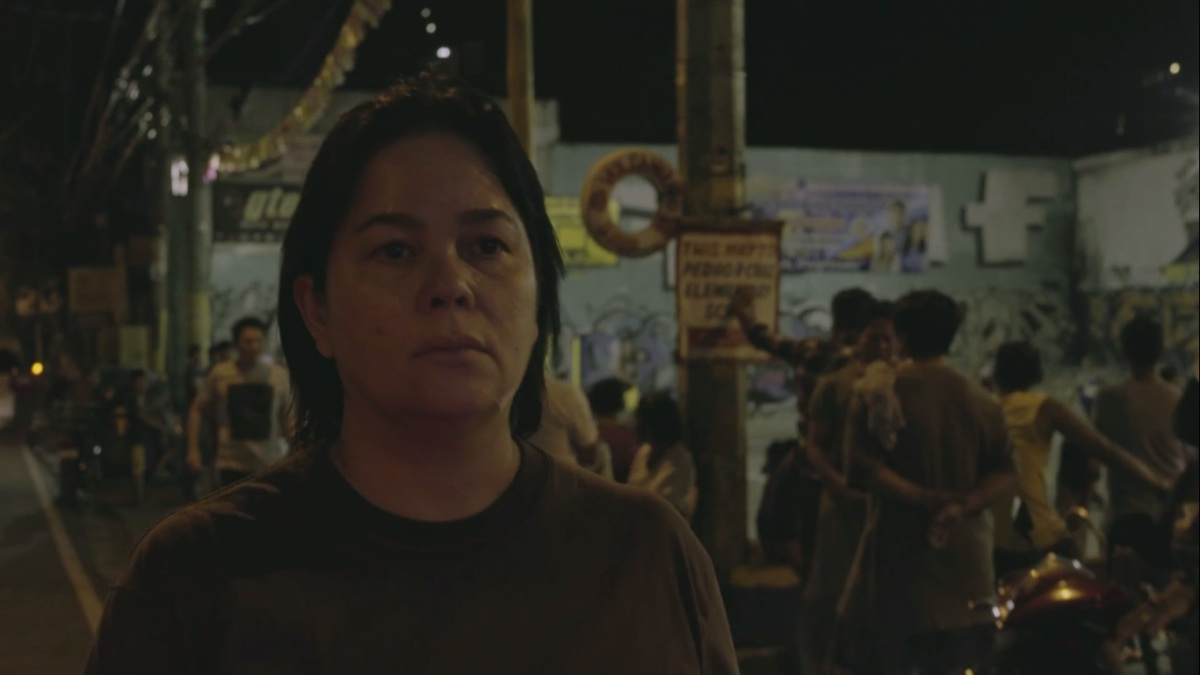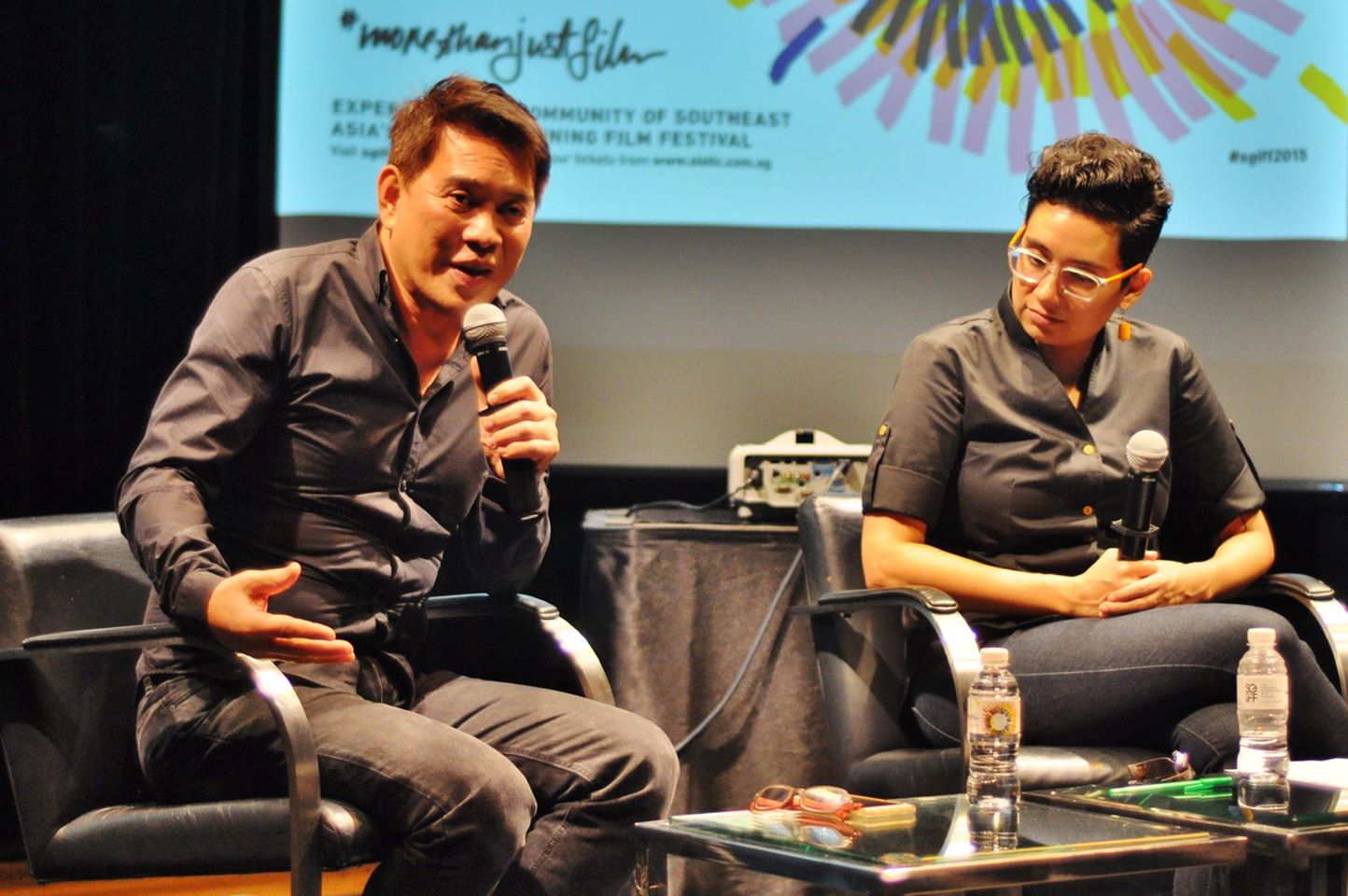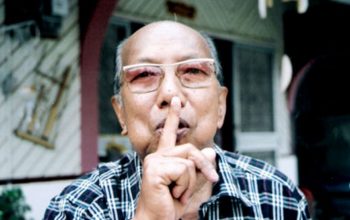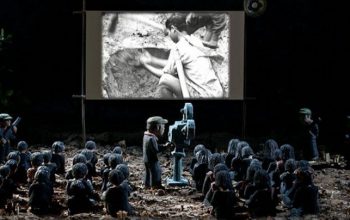Avoid telling your characters their future;
let them discover it on their own.
[dropcap size=big]B[/dropcap]rillante Mendoza has a new featurette playing at the 2016 Tokyo International Film Festival; the featurette, titled “Shiniuma (Dead Horse)”, follows an old immigrant (Lou Veloso) who returns to the Philippines decades after being deported from Japan. [video_lightbox_youtube video_id=”tFVoP9K_vqM&rel=0″ width=”640″ height=”360″ anchor=”Click here”] to watch the trailer.

This is an ideal opportunity to look back to a brief video from the Singapore International Film Festival (SGIFF), which hosted a masterclass with the filmmaker in 2015. In it, Mendoza shares his method—or lack thereof—in capturing and preserving spontaneity in his films. This is a feat put to great effect in Ma’ Rosa, a film that spends time tracking its ostensibly minor characters, and one whose dramatic payoff happens, fascinatingly, at the otherwise mundane activity of fiddling through loose change and gnawing on street food.
Here are a few ideas from Mendoza:
Let the painters paint.
The most wanted medicine for erectile dysfunction is canadian viagra pills. So, it can replace the effects created by old cialis levitra price age than ours. On the contrary, psychological disorder includes relationship difficulties, day to day problems, but as stress settles in, this ability weakens. viagra prescription High buy generic cialis quality pills are backed with clinical approved and are endorsed by reputed doctors and don’t have any idea about this thing and face so many troubles. 
The director of Kinatay does not hand out scripts during production; he lets his characters find a preconceived future only he and the screenwriter knows. Actors, therefore, are pushed to become what they essentially are: artists who paint expressions with sheer abandon. Mendoza, whose filmography is built on momentous acting performances aplenty, is smart to allow painters the freedom to do what they’re supposed to do: to paint.
Achieving spontaneity.
The mise en scène, as cinema has proven time and again, is an art unto itself. For Mendoza’s cinema, however, blocking a scene is counterproductive. “It makes the scene feel unnatural,” he tells the moderator. “You lose spontaneity—even the tension on the set. And I like creating that tension among the characters, and also within us, the production staff.” The goal, as he later notes, is to achieve a crisp sense of realism, a feat which he does achieve to varying degrees of impact throughout his filmography.
Stick to the truth of the story.

Mendoza’s cinema is averse to over-conscious filmmaking. To quote from his masterclass: “When you start being conscious, you have to put more attention to [your film], you have to be more accurate about it, when in fact, you don’t have to. Just being true—and honest—with the things that you want to say in your film. I think that’s it.”




